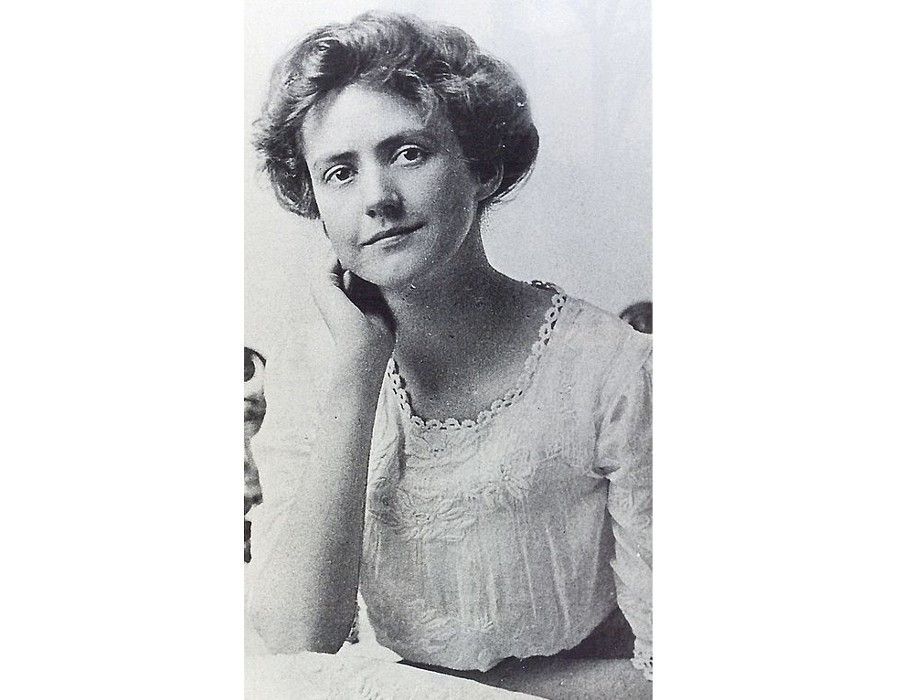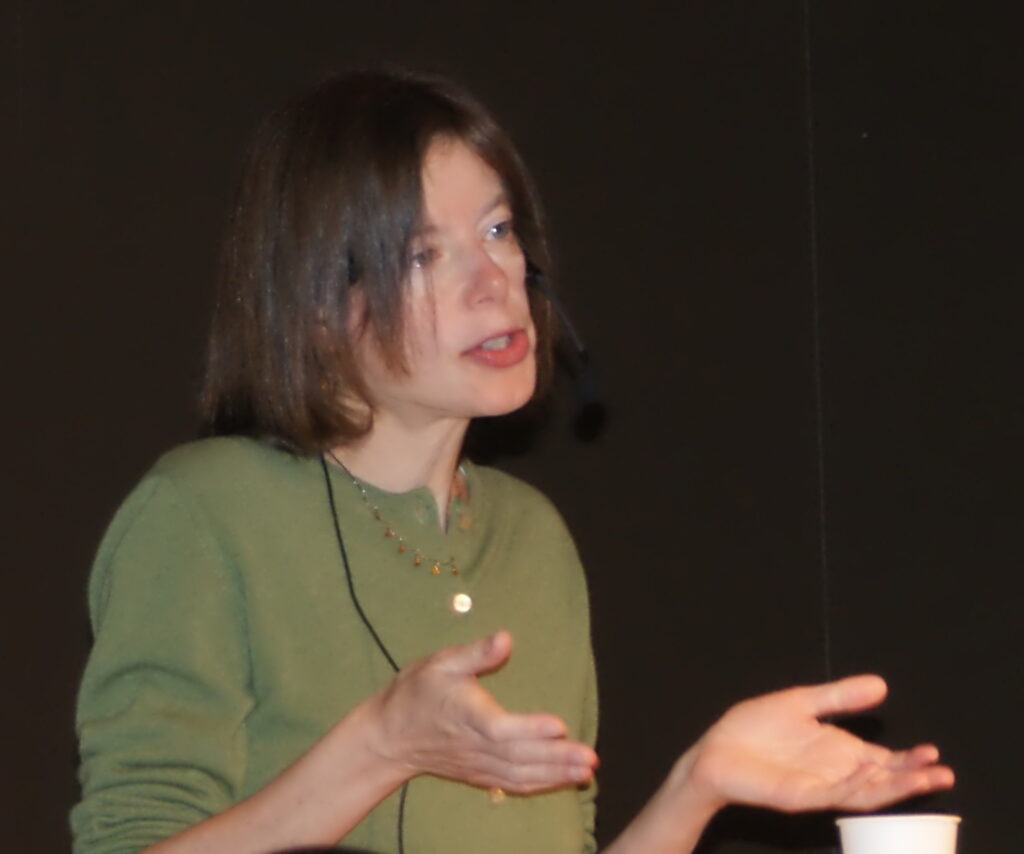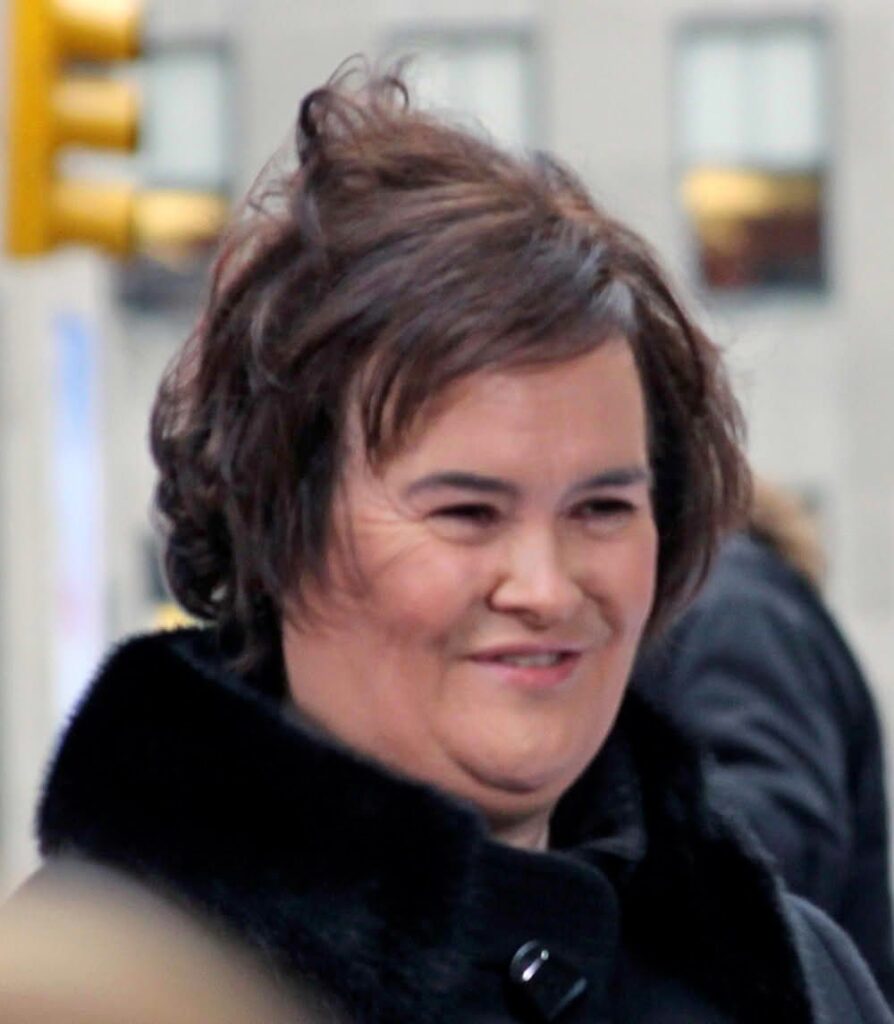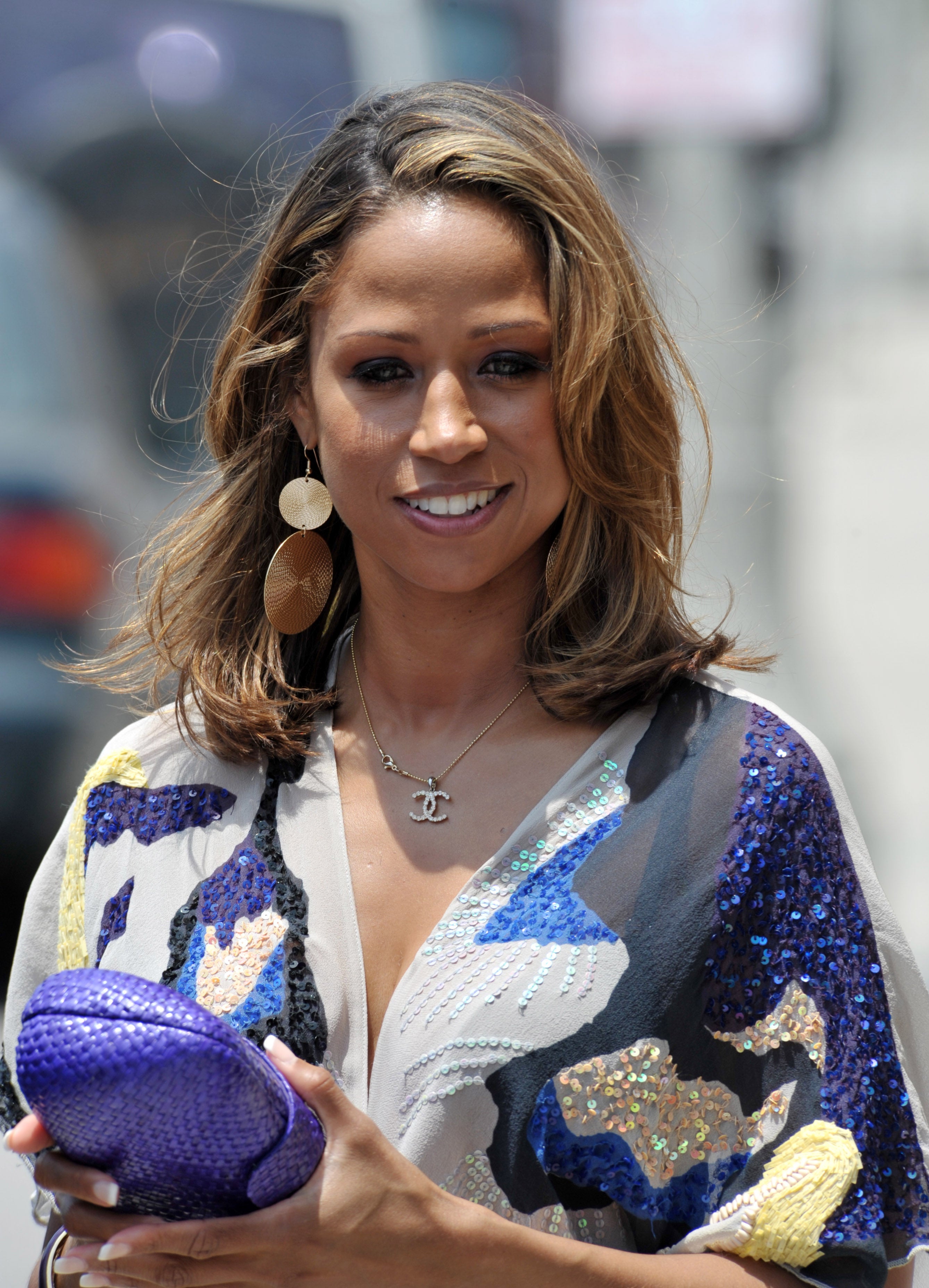
In the vast lexicon of human nomenclature, certain names resonate with a particular depth, carrying echoes of history, culture, and profound meaning. Among these is Susan, a name that, while seemingly simple and ubiquitous, harbors a rich and multifaceted narrative that has traversed continents and centuries. It is a designation that has been borne by countless individuals, shaping identities and reflecting societal currents across diverse epochs.
Beyond its familiar three syllables, the name Susan serves as a linguistic bridge, connecting modern English speakers to ancient traditions and symbolic representations. It embodies a delicate blend of natural beauty, historical significance, and a quiet strength that has allowed it to maintain a presence in human consciousness, even as trends in naming ebb and flow. The journey of Susan is, in essence, a microcosm of how language itself evolves and adapts, carrying intrinsic values from its genesis.
This article embarks on an in-depth exploration of the name Susan, peeling back its layers to reveal its enduring origins, its varied interpretations across different cultures, and its remarkable trajectory through popular culture and historical records. We will delve into its linguistic structure, its celebrated bearers, and its presence in the collective imagination, offering a comprehensive understanding of what makes Susan more than just a name, but a timeless legacy.

1. **The Enduring Origin and Profound Meaning of Susan**The name Susan is primarily a feminine given name, serving as the common English iteration of Susanna or Susannah. At its very core, Susan is derived from the Hebrew name Shoshana, a term deeply rooted in the Hebrew word “shoshan.” This original Hebrew derivation carries the beautiful and symbolic meaning of a “lily” or, more specifically, a “lily of the valley.” In Hebrew tradition, the lily flower is revered for its pristine beauty, symbolizing purity, innocence, and grace.
However, the layers of its origin extend beyond a single etymological thread. The name Susan can also be associated with ancient Persian, Egyptian, Greek, and Latin linguistic roots, where it frequently signifies “a lotus flower.” This dual botanical connection — to both the lily and the lotus — endows the name with an elevated sense of natural elegance and spiritual depth. Both flowers are celebrated across various cultures for their exquisite beauty and often carry connotations of enlightenment, rebirth, and purity.
The name’s journey from Hebrew to other languages further solidifies its rich etymology. In Greek, the name is spelled as Sousanna, while in Latin, it became Susanna. These variations illustrate a continuous thread of meaning, retaining the essence of a beautiful, pure flower across different linguistic adaptations. The continuity in its meaning highlights a universal appreciation for the qualities these flowers represent, embedding them deeply within the very fabric of the name.
Interestingly, the city of Susa in Persia is renowned for its abundant lily flowers, offering a tangible geographical link to the name’s symbolic roots. This historical detail reinforces the profound connection between the name Susan and the natural world, suggesting that its popularity might have been influenced by environments rich in the flora it represents. The name, therefore, carries not just a linguistic history but also a natural and geographical heritage.
Read more about: Wait, WHAT?! You Won’t Believe These 12 Celeb Couples Secretly Share Kids!

2. **Variations Across Cultures and Languages**The resilience and adaptability of the name Susan are remarkably evident in its myriad variations that have emerged across different cultures and languages worldwide. While Susan is widely recognized as the usual English version stemming from Susanna or Susannah, these forms themselves are direct descendants of the Hebrew name Shoshana. This linguistic lineage illustrates a foundational consistency, even as the name undergoes phonetic and orthographic transformations.
The immediate family of Susan includes several English spellings and related names that demonstrate its flexibility. Forms like Susann, Sussan, Suzan, Suzann, and Souzan maintain a strong resemblance while offering slight alterations. Further afield, variations such as Susanne and Suzanne are also prevalent, particularly in French and German contexts, showcasing how a core sound can be adapted to fit different phonetic landscapes without losing its recognizable essence. The diminutive Suzette, for instance, adds a touch of French charm to the family of names.
Beyond these direct derivatives, Susan has truly journeyed across the global linguistic stage, adopting unique forms in countless languages. In Albanian and Romanian, it is known as Suzana, while in Arabic, one finds Sawsan or Sūzān. The Armenian version is Šušan, and Azerbaijani speakers refer to it as Süsən. Moving eastward, Bengali offers Sausan or Suzon, Chinese presents Sūshān, and Japanese provides Sūzan. Such a wide array of adaptations speaks to the name’s universal appeal and its capacity to integrate seamlessly into diverse linguistic systems.
The scope of its global presence is extensive, encompassing forms like Zuzana in Czech and Slovak, Susanne in Danish and Norwegian, and Susan itself in Dutch and Indonesian. French retains Suzanne, while German offers Susanne or Susanna, with Swiss Standard German sometimes using Susen. Greek presents Souzána, Sōssána, or Sousánna, and Hebrew, its source language, has Shoshana, Shosh, or Shoshi. The name is also found as Zsuzsanna in Hungarian, Sujan in Korean, and Sousan or Susan in Persian, among many others, underscoring its profound cultural penetration and linguistic versatility.
Read more about: From Ancient Origins to Global Significance: A Comprehensive Journey Through the Enduring Legacy of the Letter ‘D’

3. **The Evolution of Pronunciation**Understanding how a name is pronounced is fundamental to its identity and use across different linguistic communities. For the name Susan, its pronunciation is distinctly articulated as ‘soo-sahn’ in English, a phonetic cadence that is both clear and relatively easy for speakers of various backgrounds to adopt. The simplicity of its sound contributes to its widespread recognition and ease of integration into diverse conversational contexts.
To delve deeper into the precise phonetics, the pronunciation of Susan can be broken down into individual sound components. The initial sound is represented by ‘S’ as in the word ‘see’ (S.IY). This is followed by ‘UW’ as heard in ‘two’ (T.UW), establishing the soft vowel sound. The subsequent consonant is ‘Z’ as in ‘zoo’ (Z.IY), leading into ‘AH’ which resonates like the vowel sound in ‘mud’ (M.AH.D). Finally, the name concludes with ‘N’ as in ‘knee’ (N.IY), creating a smooth and flowing conclusion.
This two-syllable structure — su-san — contributes to its short and easy-to-pronounce nature, making it accessible across many languages and dialects. The consistency of these sounds across different regions often aids in its universal comprehension. While an audio element might typically accompany such a description to convey the exact sound, the detailed phonetic breakdown provided offers a precise guide to its correct articulation, ensuring clarity for those encountering the name.
Read more about: Buyer Beware: These 10 Popular Cars Are Known Money Pits After 100,000 Miles, According to Automotive Experts

4. **A Gallery of Notable Susans: Icons Through History**Throughout history, countless individuals bearing the name Susan have risen to prominence, leaving indelible marks in various fields, from social reform and politics to entertainment and literature. These notable figures have not only contributed significantly to their respective domains but have also cemented the name Susan in the annals of public memory, adding layers of gravitas and inspiration to its identity. Their diverse accomplishments underscore the breadth of talent and determination associated with the name.
Perhaps one of the most historically significant figures is Susan B. Anthony, an American women’s rights activist born on February 15, 1820, in Adams, Massachusetts, and passing away on March 13, 1906. Anthony was instrumental in the women’s suffrage movement, tirelessly advocating for women’s right to vote. Her unwavering commitment to social justice and equality remains a beacon of activism, powerfully demonstrating how a single individual can instigate monumental societal change.
The world of arts and letters has also seen its share of influential Susans. Susan Sarandon, born on October 4, 1946, in New York, New York, is a celebrated actress and activist, known for her compelling performances and outspoken advocacy. Similarly, Susan Sontag, a distinguished writer, filmmaker, teacher, and political activist, profoundly influenced intellectual discourse with her critical insights. The entertainment industry also acknowledges Susan Lucci, born on December 23, 1946, in Westchester, New York, as an iconic American actress, television host, author, and entrepreneur whose career has spanned decades.
Beyond these, the name has graced public service and literature with distinction. Susan Rice, a prominent diplomat and public official, has served in high-profile governmental roles, demonstrating significant impact on international policy. Susan Collins, an American politician, continues to serve as a Senator for Maine, embodying a career dedicated to public representation. In the literary sphere, S.E. Hinton, born Susan Eloise Hinton on July 22, 1948, in Tulsa, Oklahoma, is renowned for her impactful young adult novels.
The legacy continues with Susan Ford, an American photographer and daughter of former US President, Gerald Ford, linking the name to presidential history. Actress Susan Oliver, born Charlotte Gurcke on February 13, 1937, in New York, New York, contributed to film and television before her passing on May 10, 1990. Additionally, speaker Susan Powter, born on December 22, 1957, in Sydney, Australia, became a notable figure in wellness and motivation. Collectively, these individuals represent a tapestry of achievement, illustrating the profound and varied contributions made by those named Susan across a spectrum of human endeavors.

5. **Susan’s Journey on the US Popularity Charts**The trajectory of a name’s popularity often provides a fascinating insight into cultural shifts, societal preferences, and historical moments. The name Susan, while possessing ancient roots, has experienced its own ebb and flow on the US popularity charts, reflecting its journey through various eras. It was notably a much popular name in the 19th century, a testament to its enduring appeal during a period of significant societal transformation.
Susan reached a zenith of popularity in the mid-20th century. The name gained its peak popularity in 1946, a year that saw its usage notably increase across the United States. This surge in popularity continued, culminating in Susan achieving a remarkable ranking of #5 in 1954. During this period, an impressive 2.369% of baby girls were given the name Susan, signifying its widespread embrace by parents nationwide. This peak reflects a particular cultural resonance that Susan held during the post-war era.
Following its peak, the name Susan maintained a respectable level of popularity throughout the 1980s. However, as cultural tides shifted and new naming conventions emerged, Susan began to experience a steady decline in usage in the subsequent decades. By 2025, the context indicates that only 223 babies per million were named Susan, a stark contrast to its mid-century dominance, signaling a significant shift in naming preferences.
Despite this notable decline from its former heights, the name Susan still holds a degree of recognition, retaining the 979th rank in the US in 201. This suggests that while it is no longer as pervasive as it once was, it continues to be chosen by some parents, perhaps for its classic appeal or familial significance. Furthermore, the popularity of Susan has varied geographically within the US, with data available for states such as California, Texas, Florida, and many others, indicating that regional preferences can significantly influence a name’s local prevalence.

6. **Susan’s Presence in Fictional Narratives**Beyond the realm of historical figures and statistical charts, the name Susan has been deeply woven into the fabric of popular culture, leaving an indelible mark on fictional narratives across various mediums. Its presence in literature, television, and film has created memorable characters that resonate with audiences, further solidifying the name’s place in the collective imagination and illustrating its versatility in conveying diverse personalities and roles.
In children’s literature, Susan Heffley stands out as a prominent character in the widely acclaimed American children’s book series ‘The Diary of a Wimpy Kid,’ created by Jeff Kinney. Portrayed as the wife of Frank Heffley and the devoted mother of Roderick, Greg, and Manny Heffley, Susan Heffley embodies the archetypal, often exasperated, but ultimately loving mother figure, familiar to millions of young readers and their parents alike. Her character is central to the comedic and familial dynamics of the series.
Classic literature also features a memorable Susan. In Thomas Hardy’s 1886 English novel ‘The Mayor of Casterbridge,’ Susan Henchard is depicted as the simple and good-hearted wife of Michael Henchard. Her character plays a pivotal role in the tragic narrative, representing innocence and moral steadfastness amidst the complexities of human folly and fate. Hardy’s portrayal adds a layer of quiet dignity and pathos to the name within literary tradition.
On the small screen, Susan Bunch became a recognizable figure in the immensely popular American television series ‘Friends.’ As the wife of Carol Willick and the mother of Ben Geller, Susan Bunch was played by the American actress and singer Jessica Hecht. Her character contributed to some of the show’s groundbreaking storylines and comedic moments, reflecting evolving societal norms and relationships. Her presence in such a widely loved series further ingrained the name Susan into contemporary popular culture.
The name Susan has also appeared in a diverse range of other fictional works, underscoring its broad appeal to creative minds. These include characters like Susan Alicia Blasingame in ‘Bound,’ Susan in ‘Outsiderz,’ Susan Adrienne Barbeau in ‘Oddities,’ Susan Meghan Andrew in ‘The Art of Unrequited Love,’ Susan Morton in ‘Block Watch,’ and Susan the Live Mannequinn Kaleigh McMillan in ‘The Colored Girls’ Restroom.’ Further examples include Susan Susana Gibb in ‘Are We Listening?,’ Nurse Susan Chyaz Samuel in ‘Hired Gun,’ Susan Mary Woodvine in ‘New Boots,’ and Susan Jennifer Ryan in ‘Just a Friendly Obsession,’ demonstrating the enduring and varied ways the name has been employed to craft compelling narratives and personas.
Having traversed the historical and cultural landscapes of the name Susan, our exploration now shifts to its contemporary resonance, delving into its digital presence, personalized expressions, and the intriguing insights offered by various interpretive systems like astrology and numerology. This onward journey seeks to complete a comprehensive tapestry, illustrating how a name rooted in ancient meaning continues to adapt and reflect modern societal engagement. Each element contributes to a nuanced understanding of Susan’s enduring impact.

7. **The Digital Footprint: Susan on Social Media**In an increasingly interconnected world, a name’s digital footprint provides a modern barometer of its ubiquity and ongoing relevance. Beyond historical records and popularity charts, the presence of a name across internet platforms and social media offers unique insights into its contemporary usage and visibility. For parents considering a name, this digital assessment has become an important metric for evaluating its widespread recognition and distinctiveness in the vast online landscape.
Investigating the digital presence of Susan reveals a significant, albeit evolving, online footprint. As of 2019 data, the name Susan was associated with an impressive 256,587 profiles on Facebook, indicating a substantial community of individuals bearing this name across one of the world’s largest social networks. This figure alone suggests a considerable and active presence within the online social sphere, reflecting its continued use globally.
Further supplementing this digital portrait, monthly global searches on Google for the name Susan totaled 5,400, according to data from Semrush. This consistent search volume underscores an ongoing interest in the name, whether for personal connections, information about notable figures, or general curiosity. Collectively, these statistics confirm that Susan, far from being confined to historical archives, maintains a vibrant and measurable presence in the digital age, signifying its enduring place in public consciousness.
Read more about: When Baby Bling Becomes a Lifestyle: A Mother’s Tale of Fashion and Sacrifice

8. **Acrostic Charms and Nicknames: Personalizing Susan**Beyond its formal designation, a name often acquires an intimate layer of identity through its nicknames and personalized expressions. These affectionate diminutives serve not only as shorthand but also as reflections of individual personality traits, cherished relationships, and cultural nuances. For a name like Susan, which possesses a classic formality, its array of nicknames allows for a softer, more approachable connection, fostering a sense of warmth and familiarity.
Susan boasts a rich selection of common nicknames that have developed over time, each carrying its own subtle charm. Widely recognized forms include Sue, Susie, and Suzie, which are popular in English-speaking contexts. Other affectionate variations extend to Suzy, Susi (prevalent in German-speaking regions), Suze, Sanna, Sookie, Sukie, Sukey, Subo, and even Suus (a Dutch diminutive), alongside Shanti. This diverse collection highlights the name’s adaptability and its capacity for personalization across different linguistic and social settings.
Beyond simple diminutives, the name Susan lends itself to creative poetic expressions, such as acrostic poems, which articulate perceived personality traits. In one such interpretation, each letter of Susan paints a vivid picture: ‘S’ for Spirited and sprightly, ‘U’ for Unshakeable when you have made up your mind, another ‘S’ for Sunny and cheerful, ‘A’ for an Affectionate heart, and ‘N’ for Naughty yet nice. Such an acrostic charm offers a distinctive and heartfelt way to encapsulate the essence of a person named Susan, transforming the letters into a narrative of character.
This blend of traditional nicknames and imaginative poetic forms demonstrates the versatility of Susan, enabling a deeply personal connection to the name. It transforms a historical and culturally rich designation into something uniquely reflective of the individual who bears it, allowing for expressions of endearment that resonate on a personal level and capture distinct facets of personality.

9. **Astrological Insights: Susan in Western Zodiac**Western astrology offers a profound framework for understanding personality, tendencies, and life paths, primarily through the analysis of celestial positions at an individual’s moment of birth. While the name Susan itself does not directly correspond to a singular Western zodiac sign, the system provides a detailed lens through which the potential characteristics of anyone named Susan, given their birth date, can be explored. This rich interpretive tradition allows for a nuanced appreciation of individual disposition.
In Western astrology, the key determinant of an individual’s sun sign, and thus their core personality traits, is their exact birth date. The Earth’s annual orbit around the sun is divided into 12 zodiac signs, each encompassing a 30-degree sector. Unlike some other astrological traditions where names can infer cosmic details, Western astrology unequivocally bases its sun sign assignments on the sun’s position within these sectors at the time of birth. Therefore, to ascertain the astrological profile of a person named Susan, one would look to her specific birthday.
Each of the 12 zodiac signs — Aries, Taurus, Gemini, Cancer, Leo, Virgo, Libra, Scorpio, Sagittarius, Capricorn, Aquarius, and Pisces — is governed by a planetary ruler, an elemental connection (fire, water, air, or earth), and distinct modalities. For instance, an individual named Susan born between March 21 and April 19 would be an Aries, characterized by ambition, competitiveness, warmth, and a direct, resilient leadership style. Conversely, a Susan born between April 20 and May 20 would align with Taurus, suggesting a calm, dependable, and loyal nature with an appreciation for artistic pursuits and leisure.
These detailed astrological profiles provide a comprehensive vocabulary for describing potential traits. While the name Susan inherently carries no specific Western astrological sign, its bearer, like any individual, would embody the characteristics associated with their particular birth date. This allows for a deep psychological and behavioral analysis, offering profound insights into the myriad personalities that might be associated with the name Susan across the astrological spectrum.

10. **Vedic Perspectives: Susan’s Rashi and Nakshatra**Venturing into the intricate framework of Vedic astrology, or Jyotisha, offers another distinct perspective on the name Susan, focusing on its inherent astrological correlations. Unlike Western astrology’s reliance solely on birth dates, Vedic tradition often integrates elements derived from names to ascertain deeper insights into an individual’s character and potential life events. Central to this system are the concepts of Rashi (zodiac sign) and Nakshatra (birth star).
According to Vedic astrological principles, the name Susan aligns with the Kumbha Rashi, which corresponds to the Aquarius zodiac sign. This Rashi is represented by the figure of the Water-bearer and is intrinsically linked to the Air element. Its ruling celestial body is Saturn, and its inherent quality is classified as Fixed. The starting letters associated with the Kumbha Rashi are G, S, and SH, providing a direct linguistic connection to the name Susan and forming a basis for personality analysis within this ancient system.
Further enriching this Vedic analysis are the Nakshatras, or lunar constellations, that fall within the Kumbha Rashi. The three primary Nakshatras associated with Aquarius are Dhanishta, Satabhisha, and Poorvabhadrapada. Dhanishta, spanning 0 to 6.40 degrees of Aquarius, is ruled by Mars and corresponds to the syllables Ga, Gi, Gu, Ge, and Gee. Satabhisha, covering 6.40 to 20 degrees, is ruled by Rahu, with associated syllables Go, Sa, Saa, Si, Su, Soo, See, and Gau. Lastly, Poorvabhadrapada, from 20 to 30 degrees, is ruled by Jupiter, aligning with syllables Se, So, Dha, Dhi, Di, Da, Daa, and Dee.
These specific Rashi and Nakshatra associations for the name Susan offer a distinct, name-centric astrological blueprint within the Vedic tradition. They are believed to influence an individual’s characteristics, personality, and behavior, providing a unique interpretive layer that delves beyond surface-level understanding. Through this lens, the name Susan is imbued with specific cosmic energies and influences, shaping the potential traits of its bearers according to ancient Indian wisdom.

11. **Numerological Tapestry: Decoding Susan’s Personality**Numerology, an ancient belief system, postulates a profound relationship between names, numbers, and individual character. It offers a fascinating method to decipher personality traits, inherent talents, and life approaches by assigning numerical values to letters. The name Susan, when subjected to numerological analysis, reveals a distinctive profile, shedding light on the underlying influences believed to shape the individual who carries it.
Within numerology, each letter of the alphabet is believed to signify specific attributes that collectively influence a person’s attitude and actions. Key positions, such as the Cornerstone (the first letter) and the Capstone (the last letter), are considered particularly significant. The Cornerstone highlights primary personality traits and how one confronts challenges, while the Capstone indicates an individual’s approach to completing tasks. Repetition of letters within a name further amplifies the associated traits, intensifying their influence on the personality.
Deconstructing the name Susan letter by letter provides a unique insight. The ‘S’ suggests a charming, charismatic, and emotional individual with a magnetic presence, though they can sometimes exhibit intensity. The ‘U’ signifies sincerity, responsibility, and a caring nature, often enjoying domesticity and humanitarian endeavors. The ‘A’ points to ambition, bravery, and independence, often leading to a desire for power and status. Lastly, the ‘N’ indicates an opinionated disposition, a love for personal touches in projects, and a willingness to embrace public view and compliance.
Through this numerological lens, the name Susan paints a picture of a complex individual—one who is both emotionally resonant and driven, possessing a blend of charm, responsibility, and independent thought. These interpretations provide a compelling, albeit symbolic, insight into the character blueprint associated with the name, offering a different pathway to understanding the multifaceted nature of those named Susan and the intrinsic energies believed to influence their lives.

12. **The Sonic Landscape: Names with Similar Sounds**The auditory appeal of a name often holds significant weight for parents, influencing their selection based on rhythm, harmony, or a desired phonetic resemblance. For those drawn to the distinctive sound of Susan, a broader sonic landscape exists, populated by names that share similar phonetic qualities, offering both alternative choices and complementary options for family naming. These names resonate with a familiar cadence while maintaining their unique identities.
Indeed, for individuals seeking names that rhyme exactly or closely with Susan, a curated list presents several compelling choices. These names often share the core vocalizations and consonantal structures that give Susan its recognizable sound. Among these, variations like Siusan, Sosanna, Sousanna, Soussan, Souzan, Souzanna, Susannah, Susanne, Sussan, and Suzan stand out. Each offers a slight melodic twist while retaining an undeniable phonetic kinship, making them appealing alternatives for those who appreciate the original’s auditory charm.
Extending beyond direct rhyming, the quest for harmonious naming often leads to seeking sibling names that resonate with similar sounds, creating a cohesive and pleasing familial nomenclature. This thoughtful approach ensures that a child’s name, while distinct, still feels connected to their siblings’. The context offers specific suggestions for both boy and girl sibling names that acoustically complement Susan, allowing for a balanced family roster.
For boy siblings, names such as Ceawa, Cei, Ces, Ciss, Cy, Hwaessa, Saiee, Sasan, Sasi, Sawuah, and Sawan are presented as matching options, often sharing initial sounds or a rhythmic parallel with Susan. For girl siblings, names like Sawsan, Sazan, Sezen, Siusan, Sosanna, Sousanna, Soussan, Souzan, Souzanna, and Sozan are suggested, each echoing the feminine grace and phonetic qualities of Susan. This comprehensive selection highlights the breadth of names that can harmoniously coexist with Susan, catering to diverse preferences while preserving a thematic auditory connection.
The journey through the name Susan, from its ancient origins and global adaptations to its modern digital presence, mystical interpretations, and the subtle nuances of its sound, reveals a legacy far richer and more intricate than its familiar syllables might initially suggest. It is a name that has not merely endured but has consistently adapted, resonated, and gathered new layers of meaning across diverse cultures and through countless individual stories. Whether celebrated in history, immortalized in fiction, or analyzed through the lenses of astrology and numerology, Susan stands as a testament to the profound power and enduring beauty encapsulated within a simple, yet deeply significant, human name. Its tapestry of meaning, woven through time and tradition, ensures that Susan remains not just a designation, but a timeless identifier imbued with grace, depth, and universal appeal.



